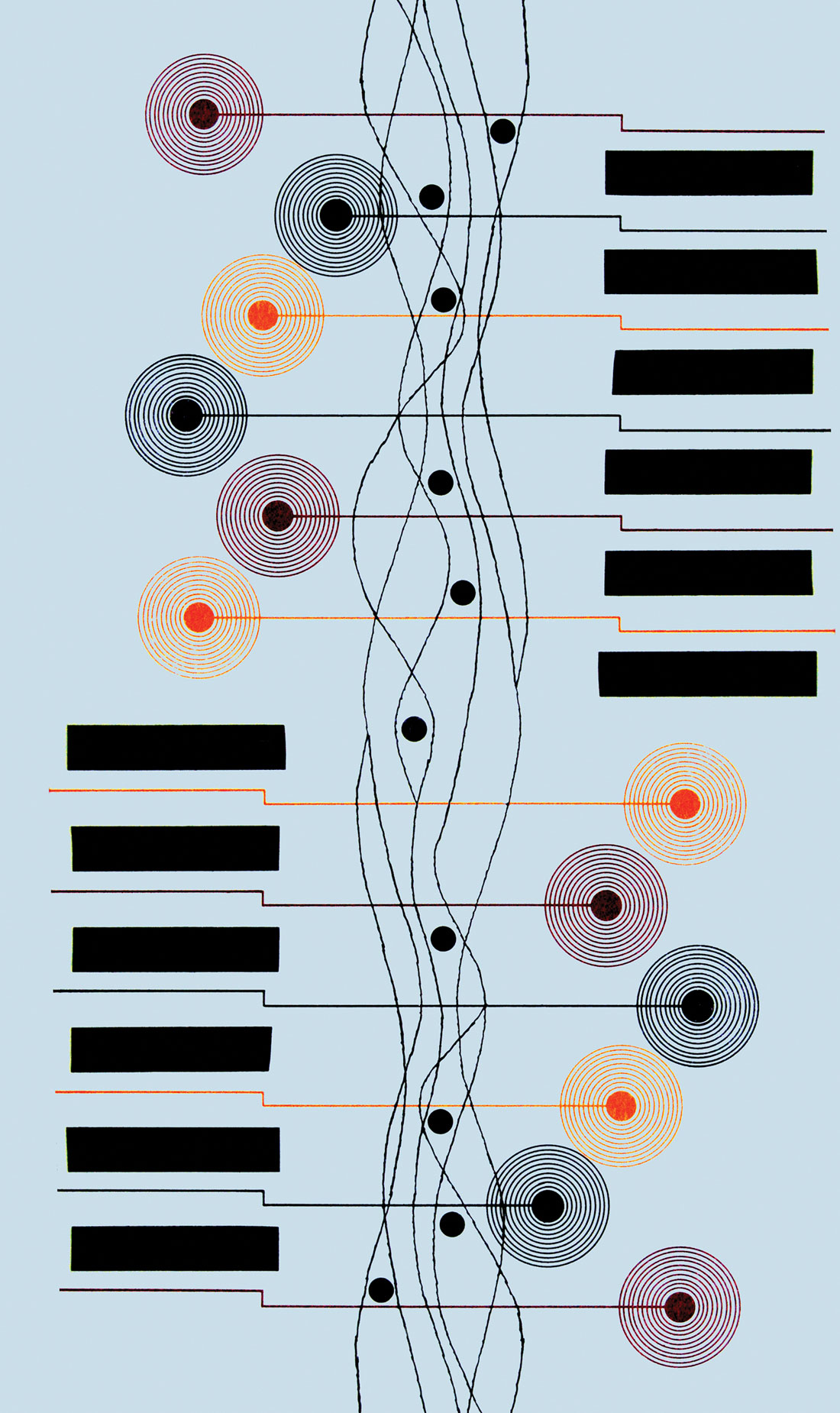I finally figured out what makes for a successful tracking session: simply eliminate the variables. On one level this could be seen as pre-production combined with concise decision making. Certainly those can help — but what I'm talking about is conquering the technical end of the recording process so that everything stays on track and songs get recorded. I've attempted to catalog a list of the simple ways I implement this regime, so here we go:
Use gear you know will work. Your client wants to use some cheap mics they just bought as drum overheads? Screw that. Put up a pair of mics you've used 100 times. When I do try "unknown" mics, I'm always ready to swap them out in a heartbeat if something sounds amiss. I love trying out new gear, but I never count on it until it's been run through the paces. No one hires you to pick the "wrong" mic.
Don't trust cables. If a cable even slightly cuts out, it goes in the "repair" pile. Use short runs when possible. If more than one out of a batch of similar cables goes bad, toss them all. Seriously.
Listen closely for intermittent buzzes, rattles, clicks, and pops. If a guitar amp occasionally buzzes, find out why and fix it. If a snare drum makes a funny rattle, swap it out or repair it. If a kick drum pedal squeaks, oil it. If a cymbal has an odd overtone, grab another. And then listen again. Is it really better now?
Notice level changes in voices and instruments. Are certain words or lines dropping out of the mix? Compress the vocals or change the mic. Is the keyboard volume all over the map? Watch the keyboardist. See if they're changing the level too much and advise them. Is the bass guitar popping in and out of the mix? Examine the bass, amp, DI, and any EQ or compression — then figure out if it's simply the register of the notes or the tone of the amp and address this issue.
Grab a DI signal. If an amp isn't performing the way you'd like, grab a quality DI signal off the instrument. Note that I said quality, not some $25 DI box from a pawn shop.
Listen to the headphone mixes. I know this seems obvious, but even if you're using a musician-mixed headphone system, like we do at Jackpot!, you should pop out on the floor and make sure the tracks are coming through properly and sound correct. If you are creating the headphone mixes, make sure you can monitor them.
Keep all recording equipment in perfect running order. I know this seems obvious too, but I cannot tell you how many times I've begun a session at another studio after being given a verbal list of all the broken gear that is still in the racks or on the shelves. Why? Get it out of my sight! If you find dysfunctional gear tell the studio manager and put a piece of tape over it with a note explaining what seems wrong.
If a signal chain is problematic, then change everything. I know; it's extra work. But heck, I'll bet the issue disappears. Right?
Start songs with a metronome. This doesn't mean you need a click all the way though, though that's fine when appropriate. Most groups will start to increase their tempo after several tries, even if the drummer seems competent.
Kill all cell phones. I know; it's hard to let go of instant communication during a few hours of tracking. But the distraction, RFI, rings and buzzes can cause so many problems.
Make sure the problems are really problems. I've watched people spend hours trying to eliminate noises that would likely end up submerged in a mix. C'mon, quit fucking around.
And then again... sometimes you need to say, "Screw it" and just start tracking. There are hundreds of songs that survived technical problems in tracking that went on to become classic performances. Always keep that in mind. But if these bits of advice above can help you through a session, that's okay too!

